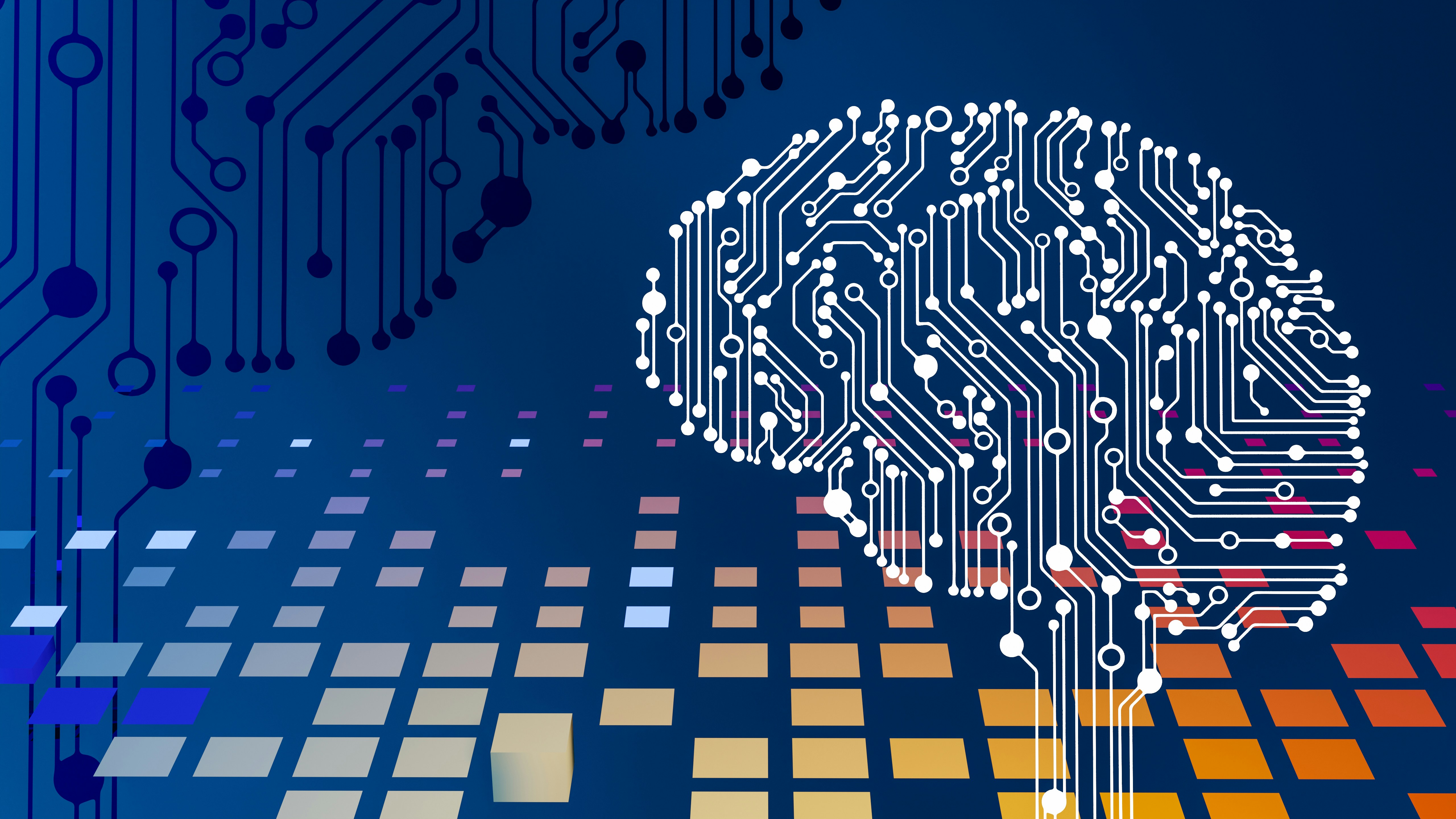
In recent years, the integration of artificial intelligence (AI) into various sectors has been nothing short of transformative. One area where AI is making significant strides is mental health support. As mental health issues become more prevalent—especially in the aftermath of the COVID-19 pandemic—there is a growing demand for accessible and effective solutions. AI-powered virtual assistants are stepping into this gap, offering innovative ways to support individuals in need.
Platforms like ideally.se are at the forefront of this movement, providing users with stigma-free access to mental health resources. These digital solutions are not just about convenience; they represent a shift in how society approaches mental health care. By using AI, these platforms can offer personalized support, ensuring that more people receive the help they need when they need it.
But can AI truly replace traditional therapy methods? How effective are these virtual assistants in addressing complex mental health issues? As we explore the impact of AI in mental health, it becomes clear that these tools are not just a passing trend—they are reshaping the way we think about mental well-being.
Understanding the impact of the pandemic on mental health
The COVID-19 pandemic has had a profound impact on global mental health. According to the World Health Organization, there has been a 25% increase in the prevalence of anxiety and depression worldwide since the onset of the pandemic. This surge can be attributed to several factors, including social isolation, economic uncertainty, and the loss of loved ones.
As traditional mental health services struggle to keep up with this increased demand, the need for innovative solutions becomes more apparent. AI-powered virtual assistants offer a promising alternative, providing support that is both accessible and scalable. Unlike traditional therapy, which often requires long waiting times and high costs, AI-driven platforms can offer immediate assistance to those in need.
The pandemic has highlighted the urgent need for mental health support that is both flexible and responsive. By leveraging AI, virtual assistants can provide a level of care that is tailored to each individual's needs, helping to bridge the gap between demand and availability.
The effectiveness of AI chatbots in mental health
Research into the effectiveness of AI chatbots in mental health is promising. A study published in JMIR Mental Health found that these digital tools can significantly reduce symptoms of depression and anxiety. Participants in the study reported improvements comparable to those seen in traditional face-to-face therapy.
Similarly, research from the University of Cambridge supports these findings, highlighting the potential of AI chatbots to deliver effective mental health interventions. By using machine learning algorithms, these chatbots can analyze user input and provide personalized responses, offering a level of interaction that is both engaging and supportive.
While AI chatbots are not a replacement for professional therapy, they offer a valuable supplement to traditional methods. By providing users with immediate access to mental health support, these tools can help alleviate symptoms and prevent issues from escalating. As AI technology continues to evolve, the potential for these chatbots to enhance mental health care is immense.
User experiences and satisfaction with virtual assistants
The rise of mental health apps has been met with a positive response from users. A survey conducted by the American Psychological Association revealed that 87% of respondents reported improvements in their symptoms after using mental health apps. This high level of satisfaction underscores the perceived benefits of these digital tools.
Users appreciate the convenience and accessibility that virtual assistants offer. Unlike traditional therapy, which often requires scheduling appointments and traveling to a therapist's office, mental health apps can be accessed anytime, anywhere. This flexibility allows users to engage with the tools at their own pace, making it easier to integrate mental health care into their daily lives.
Moreover, the anonymity provided by virtual assistants can help reduce the stigma associated with seeking mental health support. By allowing users to interact with AI-driven platforms without fear of judgment, these tools can encourage more people to seek help and prioritize their mental well-being.
The future of mental health apps and market growth
The global mental health app market is poised for significant growth in the coming years. According to industry projections, the market is expected to reach $3.3 billion by 2027. This growth is driven by several factors, including the increasing demand for accessible mental health care and the widespread adoption of smartphones and digital devices.
As more people turn to digital solutions for mental health support, the market for these apps is set to expand. The affordability of mental health apps makes them an attractive option for individuals who may not have access to traditional therapy. Additionally, the ability to offer personalized support through AI-driven platforms is a key factor in their growing popularity.
The future of mental health apps looks promising, with continued advancements in AI technology expected to enhance their effectiveness and reach. As these tools become more sophisticated, they will play an increasingly important role in the mental health care landscape, offering support to those who need it most.